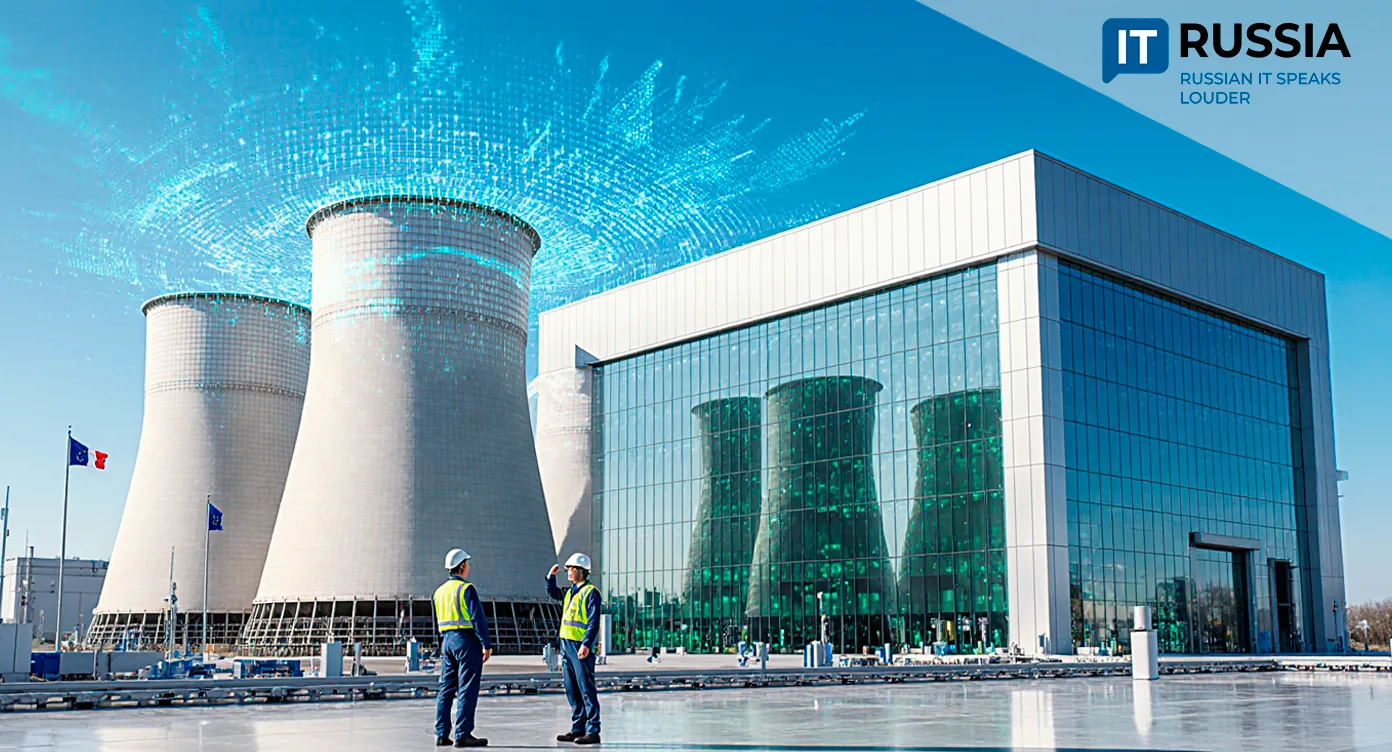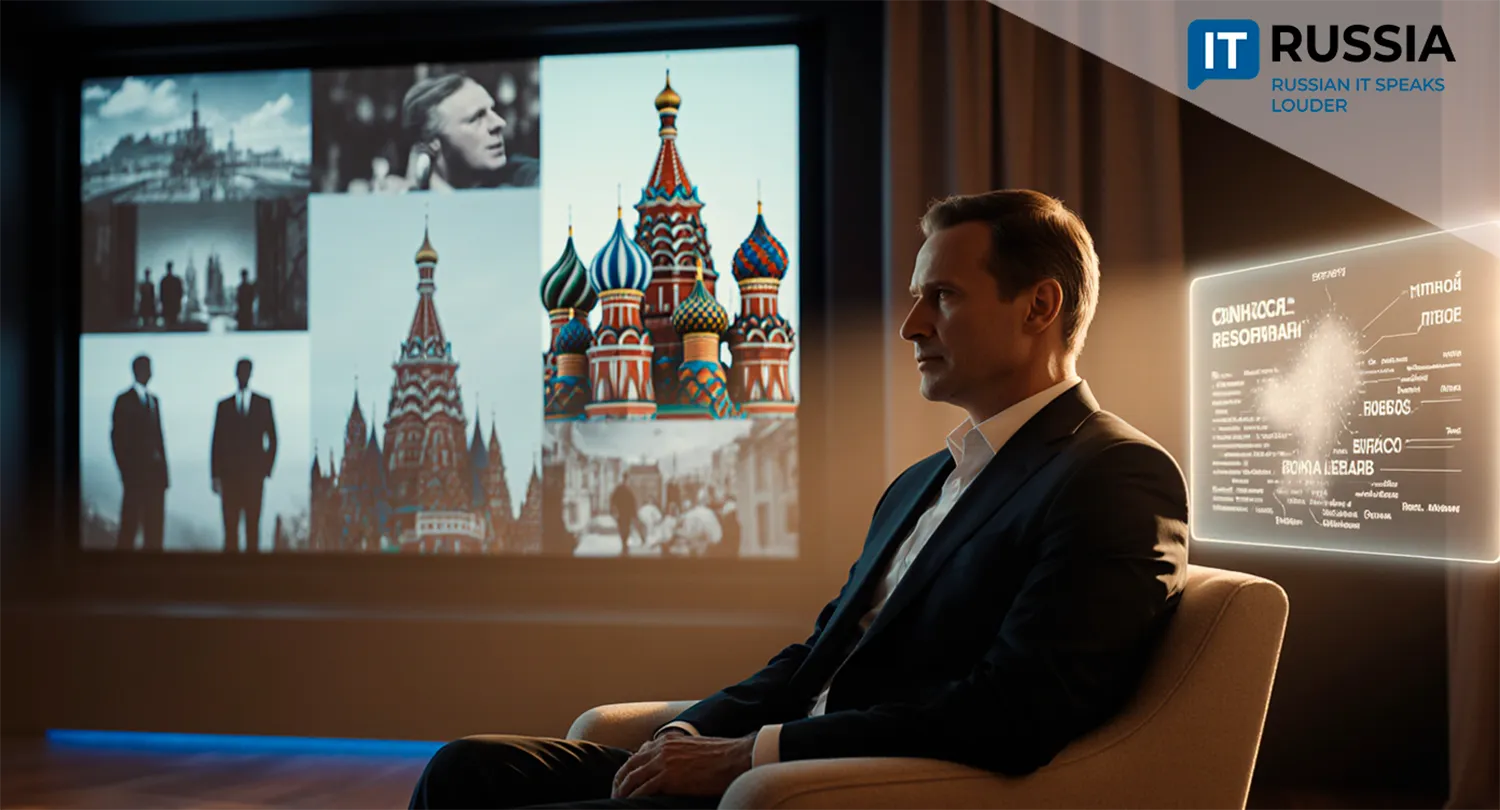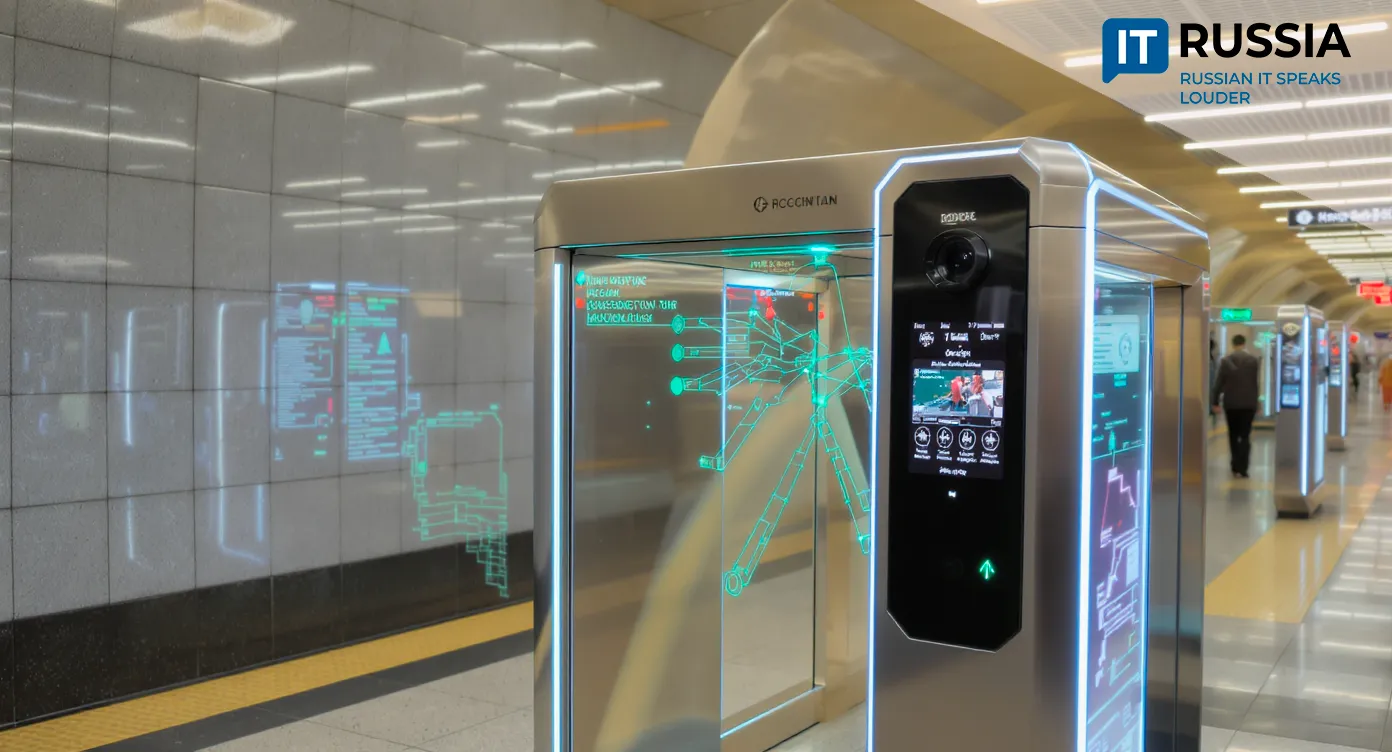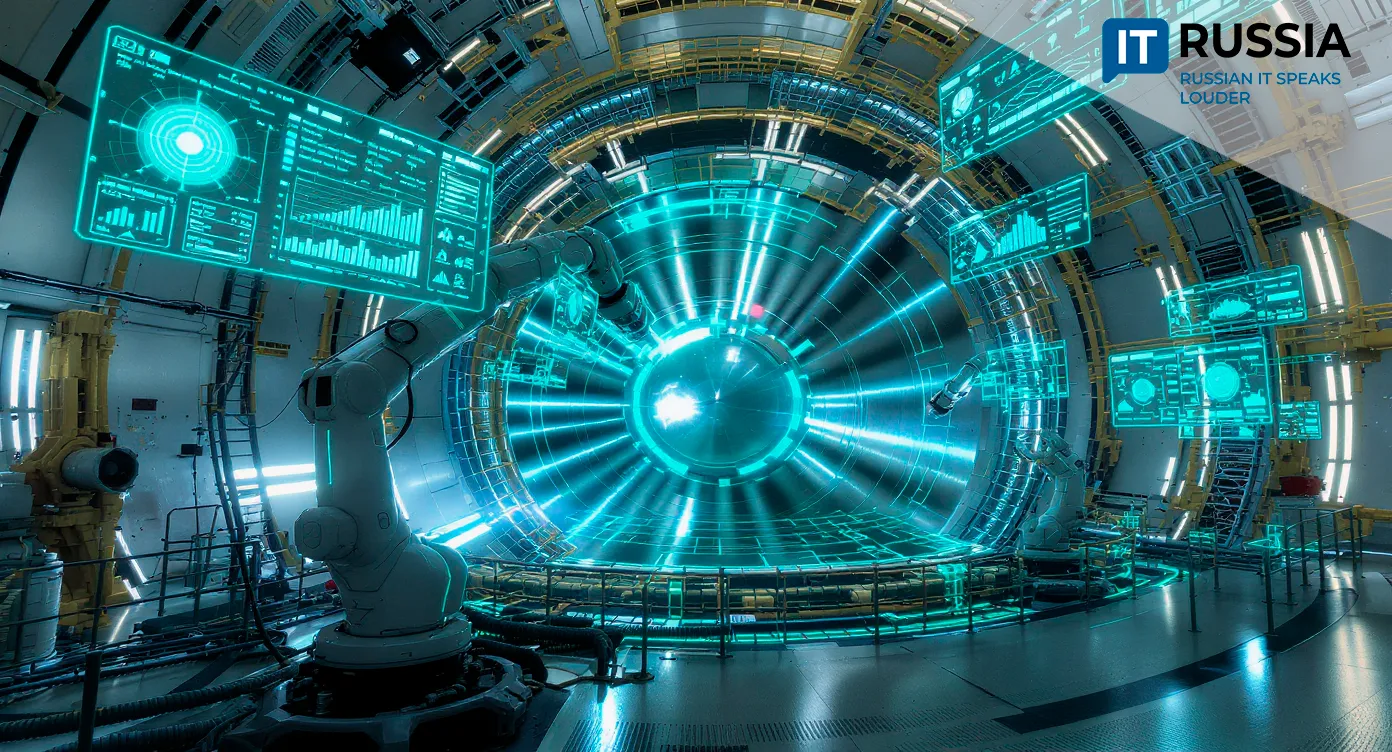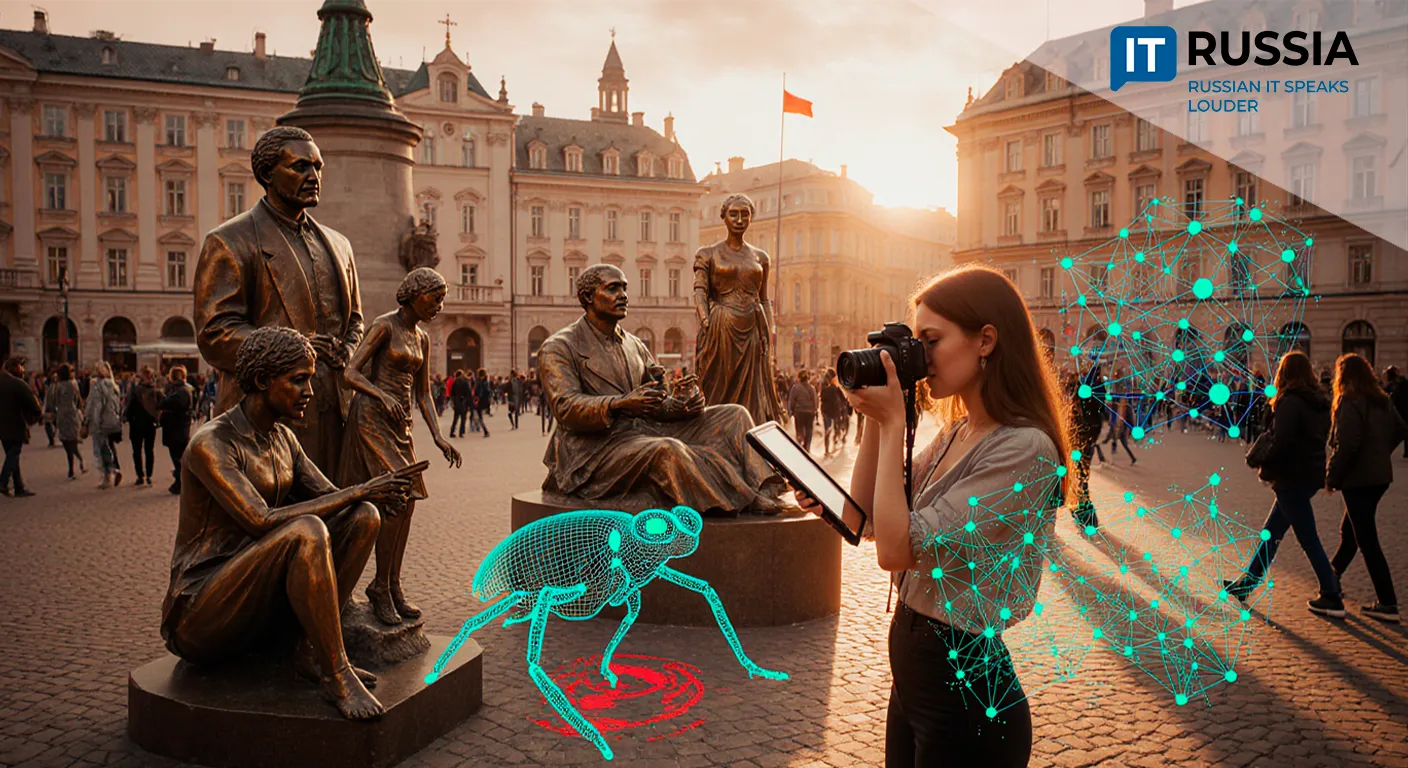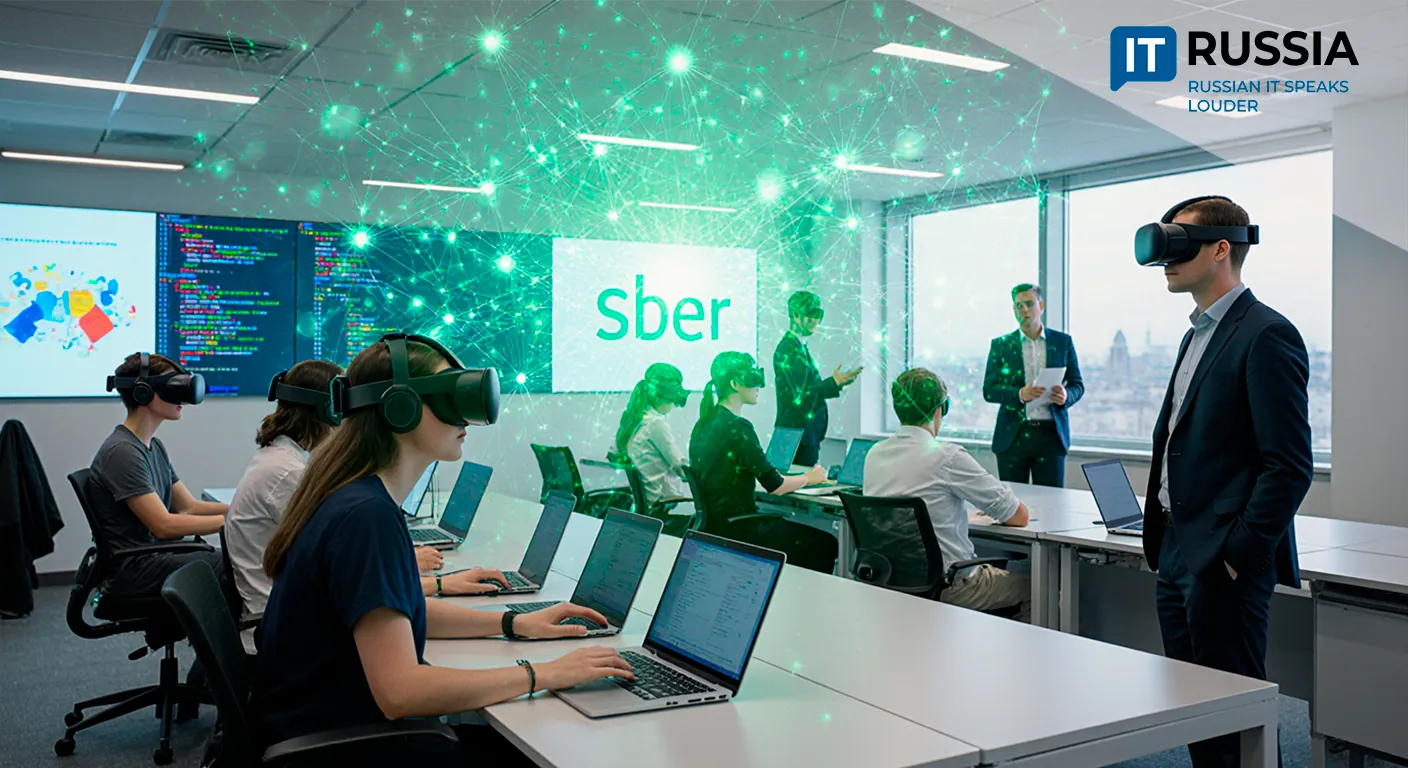Digital Pilot: Stavropol Among the First in Russia to Mass-Implement the “Smart Apartment Building” Concept

Stavropol Krai has joined the federal program for the digitalization of multi-apartment buildings, scheduled to run until 2030. This strategic initiative aims to transform housing and utilities management through the deployment of domestic IoT solutions, intelligent metering devices, and predictive analytics systems.
Key Innovations of the Program
The project underway in Stavropol Krai will not only improve service efficiency but also set standards for other Russian regions. Its key innovations include the introduction of advanced metering systems. Installing high-precision water, electricity, and heat sensors will automate data collection, detect leaks in real time, and reduce resource losses by up to 20%. For residents, this means transparent tariffs and lower utility bills.
All solutions are developed by Russian companies. For example, integration with the State Housing and Utilities Information System (GIS Housing) and municipal systems such as “Smart Zheleznovodsk” will speed up emergency response: service teams will be able to localize most incidents before residents file complaints.
Algorithms process data from sensors alongside weather patterns and network wear levels to forecast risks. Integrating AI technologies into “Smart City” systems delivers real resource savings—up to 15–20% in certain segments—while significantly reducing emergency rates and improving service quality for the population. For residents, AI deployment already provides 8–10% resource savings through more conscious consumption.

Context: Digitalization as a Trend
The federal “Smart Apartment Building” project was launched in 2021 with the participation of the Ministry of Digital Development, the Ministry of Construction, and the Ministry of Industry and Trade. In June 2025, the Russian government approved the “Concept for the Digitalization of Multi-Apartment Buildings until 2030.”
For several years, Stavropol Krai has been implementing the regional “Digital Public Administration” project, which has moved 100% of socially significant and municipal services online.
The implementation of the “Smart City” concept and integration into the federal project is the next logical step. Regional authorities assure that the federal solutions bank for the “Smart City” project—created to share best practices in municipal digitalization—will be supplemented with promising solutions developed in the region.

Scaling and Development
The Stavropol pilot project fits into the federal Concept’s framework. The Ministry of Digital Development, Ministry of Construction, and Ministry of Industry and Trade will present a detailed implementation plan by early 2026. By then, several regions will begin testing specific components.
At the federal level, a number of regulatory documents already mandate the introduction of “smart home” elements. For example, all new buildings must be equipped with smart meters since 2021, majorly renovated buildings must have them by 2027, and the entire housing stock by 2030.
Residents of Stavropol will be among the first in the country to benefit from the Concept’s rollout, enjoying greater transparency in utilities management, higher safety standards, and better access to services.
The experience of Stavropol and other pilot regions will be scaled nationwide, driving the development of domestic digital solutions, testing them under real conditions, and eventually promoting them in international markets with similar housing utility structures.

According to Rosatom Infrastructure Solutions, digitalizing housing and utility processes can cut network losses by 11% annually, reduce energy consumption by 20%, boost inspector productivity by 60%, and lower repair costs by up to 5%.
From Smart Sensors to an Ecosystem
Digitalizing housing and utilities in Stavropol is not just about installing sensors—it is a step toward building a “smart region” ecosystem. This approach addresses a threefold objective: reducing costs and improving comfort for citizens; optimizing expenses and preventing crises for the industry; and ensuring technological sovereignty and lowering environmental impact for the country.
Collaboration between regional authorities, developers, equipment manufacturers, and specialized professionals in implementing innovative projects will create a synergistic effect, and Stavropol’s experience will form the basis for federal standards for a smart urban environment.






